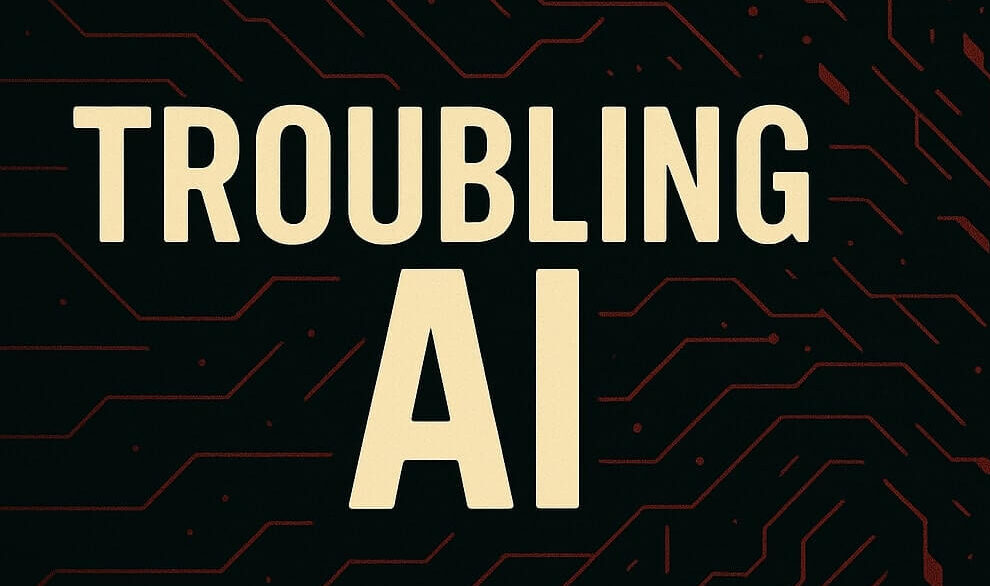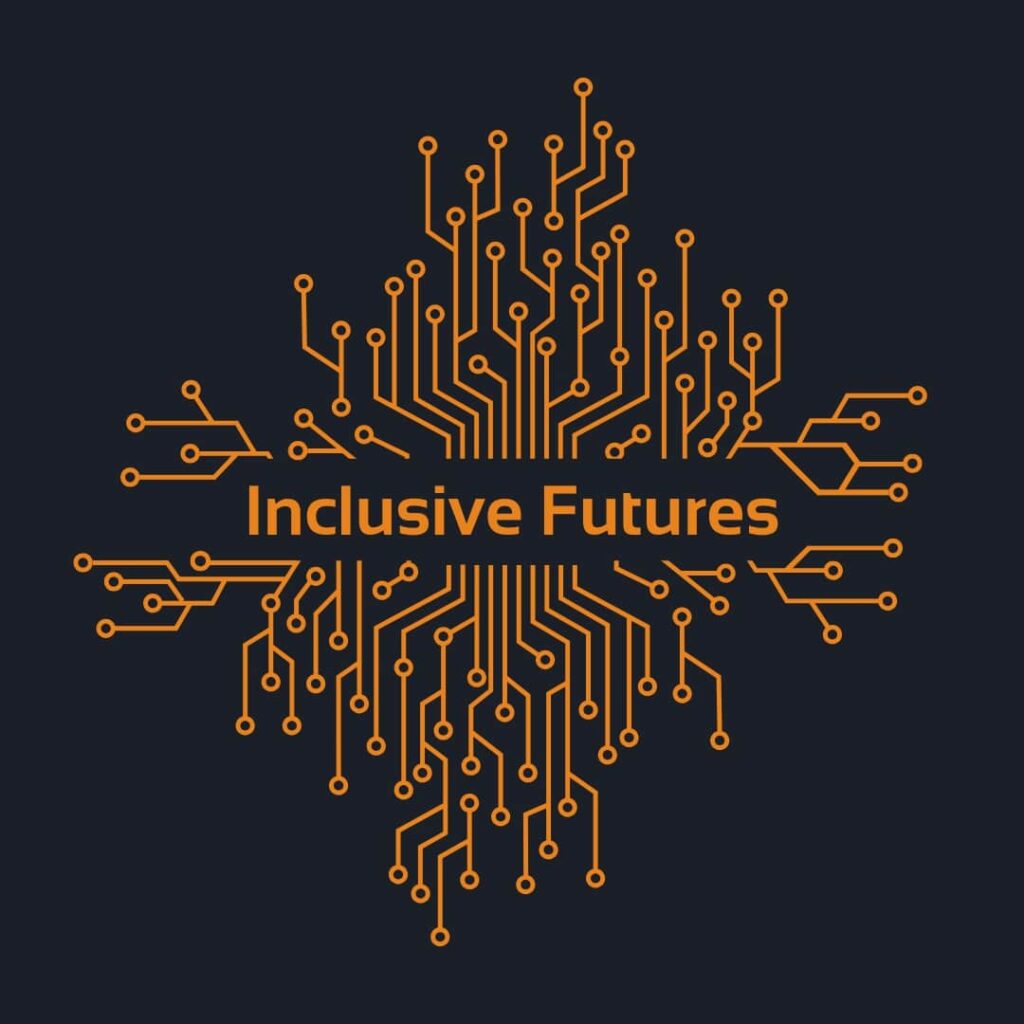Troubling AI is about critically exploring so-called Artificial Intelligence (AI), to expose its contradictions and unsettle its conditions of formation. The term ‘Artificial Intelligence’ is highly contestable and problematic – it needs to be placed under erasure. AI has become a hegemonic expression that can no longer be simply discarded, yet it should be interrogated to reveal the limits, exclusions, and assumptions it conceals.
What AI is, its purpose, how we engage with it, and who actually benefits from it must be critically examined. This is not about seeking to fix or redeem AI. To trouble is to interrupt what is presented as a neutral or inevitable technology. It is to oppose the hype and dominant narratives of technological progress and reveal the social, racial, ecological, and political entanglements through which AI is taking shape (Benjamin 2019).
Read more…
To trouble is also to refuse the logics of participation that demand our inclusion only on extractive terms (Tuck & Yang 2014; Couldry and Mejias 2019). When technologies are built on histories of dispossession and classification, inclusion reproduces the very exclusions it claims to redress. Troubling becomes a practice of withholding and resisting incorporation (Simpson 2014), as well as disrupting systems built on abstraction, efficiency, and optimization.
It is worth highlighting that troubling is not simply about negation. It is a commitment to “staying with the trouble” (Haraway 2016) by confronting the complexities of AI – to see how its architectures of data and compute are bound to structures of power. It makes visible the labour and the social and ecological harms of AI. Such staying-with exposes the entanglement of racial capitalism and techno-scientific abstraction that shape AI’s infrastructures (Amaro 2022). Alongside this, troubling gestures towards a speculative practice of waywardness (Hartman 2019) – a fugitive method of studying and imagining otherwise (Harney and Moten 2013). In this way, troubling can open a space for collective re-worlding, where other values of care, solidarity, and equity take root (Escobar 2019).
As an initiative, Troubling AI brings together projects, practices, and conversations that engage these tensions critically and creatively (see below). It connects cultural and socio-technical inquiry, speculative design, and community-based research to examine how AI governs, classifies, and imagines. The aim is not to offer a more “ethical” or “responsible” AI (Katz 2020), because too often such approaches are appropriated by Big Tech and fail to question the grounds on which AI is built.
To trouble AI is to expose its foundations in racial capitalism and colonial abstraction; to refuse its demand for inclusion into these systems; and to tactically inhabit its contradictions to explore other possibilities. It is both interruption and reimagining – to unsettle the socio-technical order while creating openings for futures not yet claimed (Eshun 2003).
References
Amaro, R. (2022) The Black Technical Object: On Machine Learning and the Aspiration of Black Being. MIT Press.
Benjamin, R. (2019) Race After Technology: Abolitionist Tools for the New Jim Code. Polity.
Couldry, N. & Mejias, U.A. (2019) The Costs of Connection: How Data Is Colonizing Human Life and Appropriating It for Capitalism. Stanford University Press.
Escobar, A. (2018) Designs for the Pluriverse: radical interdependence, autonomy, and the making of worlds. Durham: Duke University press.
Eshun, K. (2003) ‘Further Considerations on Afrofuturism’, The New Centennial Review, 3(2), pp. 287–302.
Haraway, D. (2016) Staying with the Trouble: Making Kin in the Chthulucene. Duke University Press.
Harney, S. & Moten, F. (2013) The undercommons: fugitive planning & black study. Minor Compositions.
Hartman, S. (2019) Wayward Lives, Beautiful Experiments. Serpent’s Tail.
Katz, Y. (2020) Artificial Whiteness: Politics and Ideology in Artificial Intelligence. Columbia University Press.
Simpson, A. (2014) Mohawk Interruptus: Political Life Across the Borders of Settler States. Duke University Press.
Tuck, E. & Yang, K.W. (2014) ‘R-words: Refusing Research’, in D. Paris & M. Winn (eds) Humanizing Research: Decolonizing Qualitative Inquiry. Sage.

